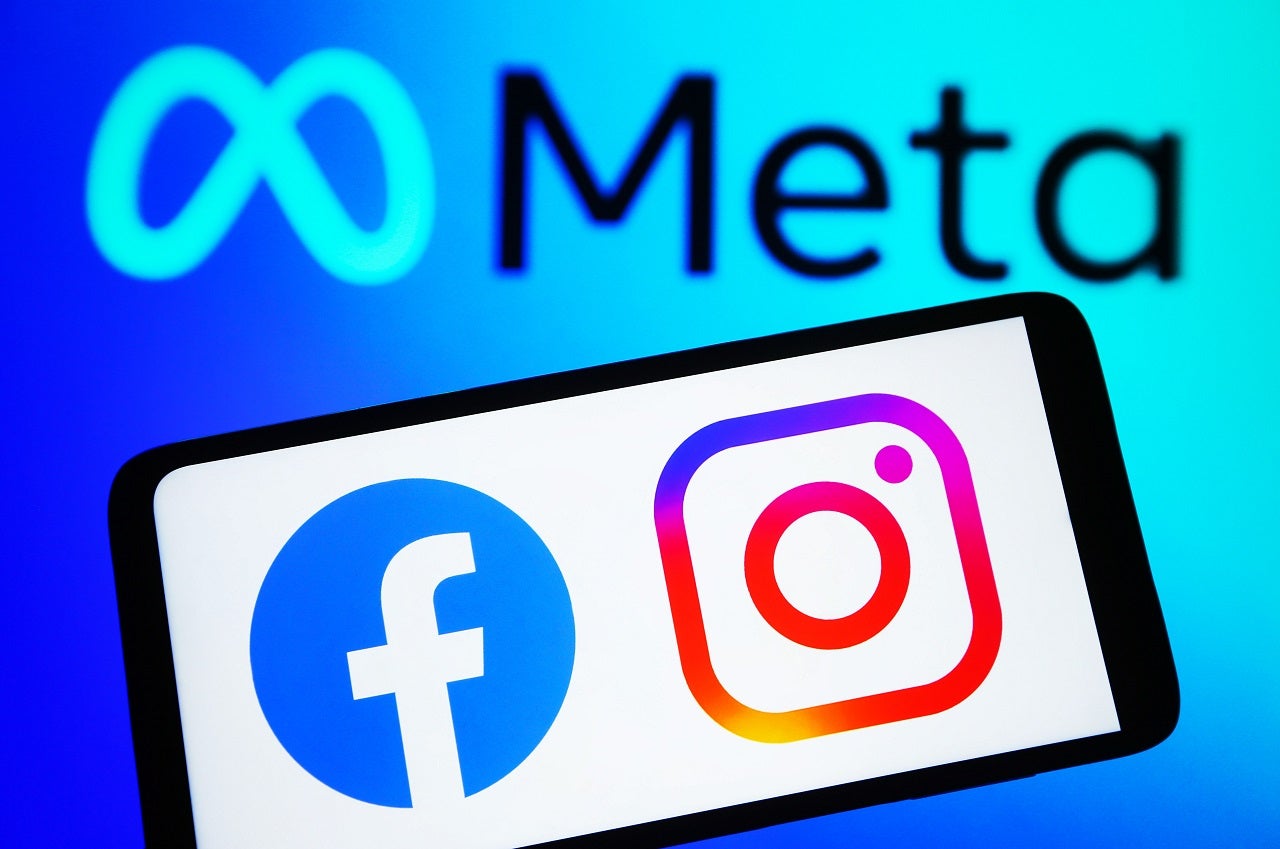Finance
Meta to restrict content for teens on Facebook, Instagram

Meta Platforms announced Tuesday it will soon begin hiding “age-inappropriate” content for teen users on Facebook and Instagram, adding new restrictions aimed at bolstering protections for youth.
The company detailed the new policies in a blog post, saying it will start removing content from teens’ feeds on sensitive topics like self-harm, suicide and eating disorders, and that the changes will be complete across Facebook and Instagram within months.
Accounts for users under age 18 on the platforms will also automatically be placed in the most restrictive content control settings, and Meta is also making it more difficult for teens to search for sensitive topics.
Meta’s new restrictions come as the company faces increased scrutiny from regulators to protect young people from harmful content on its apps, and lawsuits over the sites’ impact on teens.
SUPREME COURT DECLINES TO HEAR MUSK’S X APPEAL ON FBI SURVEILLANCE OF USERS DURING NATIONAL SECURITY PROBES
Meta is under pressure both in the U.S. and Europe over allegations that its apps are addictive and have helped fuel a youth mental health crisis.

| Ticker | Security | Last | Change | Change % |
|---|---|---|---|---|
| META | META PLATFORMS INC. | 358.66 | +6.71 | +1.91% |
Dozens of states sued the company in October alleging its platforms, including Facebook and Instagram, have “profoundly altered the psychological and social realities of a generation of young Americans.”
The lawsuit, which involves 33 states, alleges Meta “misled its users and the public by boasting a low prevalence of harmful content,” while being “keenly aware” its platforms’ features “cause young users significant physical and mental harm.”
THIS INSTAGRAM TREND IS ‘BUILT FOR STUPID PEOPLE’: CYBERSECURITY EXPERT
The filing says that Meta’s recommendation algorithm promotes “compulsive use,” which the company does not disclose. The lawsuit also claims that social comparison features like “Likes” promote mental health harms for young users, while visual filters are known to promote body dysmorphia and eating disorders.

Reacting to the lawsuit at the time, Meta said in a statement, “We’re disappointed that instead of working productively with companies across the industry to create clear, age-appropriate standards for the many apps teens use, the attorneys general have chosen this path,” Reuters reported.
Hundreds of lawsuits have also been filed against Google’s YouTube and Chinese-owned ByteDance’s TikTok on behalf of children and school districts over the platforms’ addictiveness.
FOX Business’ Danielle Wallace and Reuters contributed to this report.
Read the full article here


















